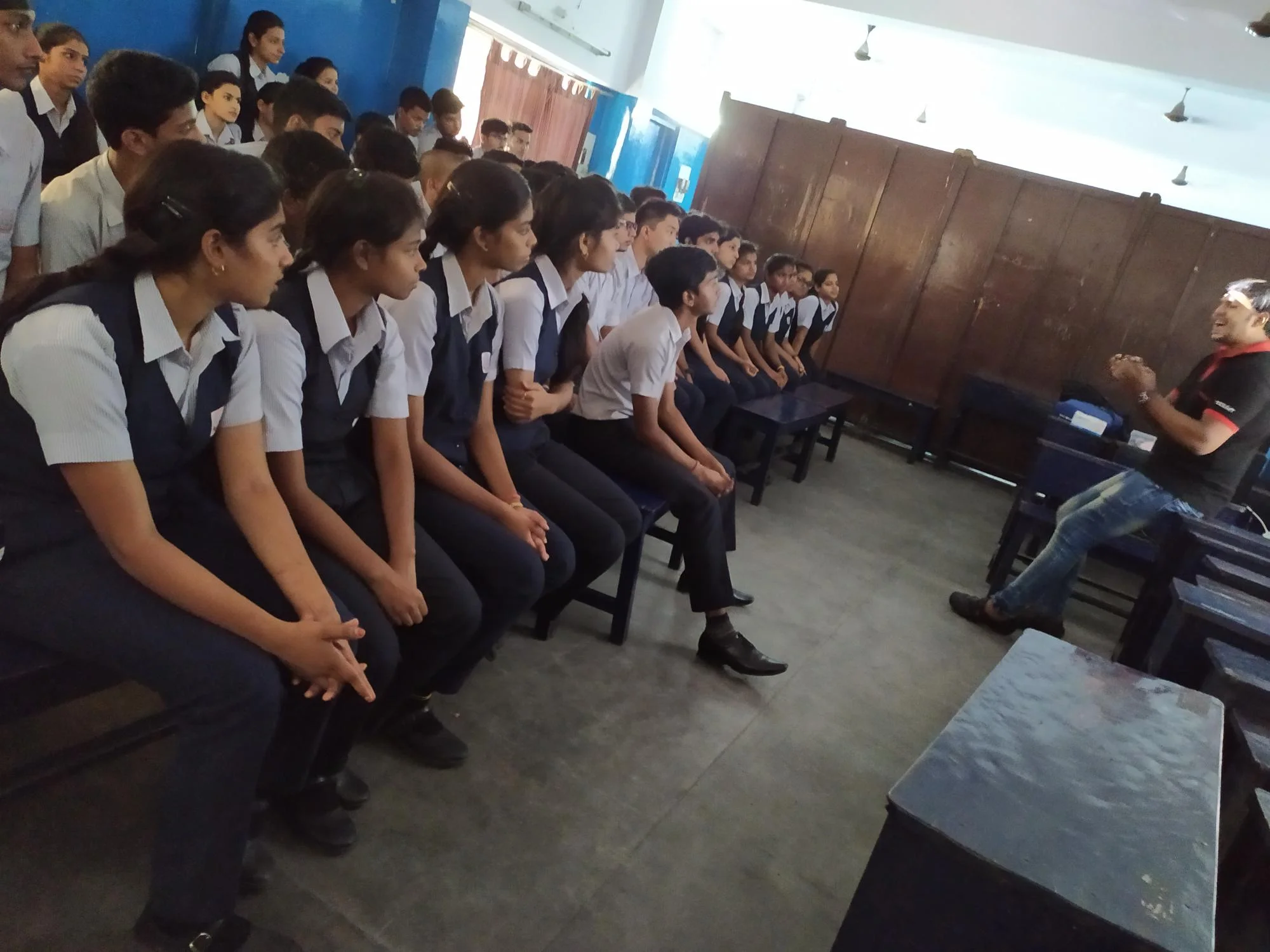Education is central to development and to the improvement of the lives of young people globally, and as such has been identified as a priority area in internationally agreed development goals, including the Sustainable Development Goals and the World Programme of Action for Youth.
HIGHLIGHTS
• 10.6% of the world’s youth (15-24 years old) are non-literate.
• Data from 2011 indicates that in developing countries, the percentage of non-literate youth is 12.1%, with Sub-Saharan Africa’s percentage standing at 29.6%, and South and West Asia standing at 18.5%.
• In 2013, about 225 million youth, or 20% of all youth in the developing world, are “idle” – not in education, employment or training.
• By 2015, youth non-literacy rates are projected to fall to 8% for the world and to 11% in developing countries as a whole. Youth non-literacy rates in sub-Saharan Africa are projected to decline to 25%.
• In 2010, almost 71 million adolescents (10-19 years old) were not in school of any type, out of which around 3 in 4 live in South and West Asia (approximately 13 million students) and in sub-Saharan Africa (approximately 30 million students).
• As of 2010, an estimated 61 million students of primary school age – 9% of the world total - are outof school.
• Commitments made at the international level, including the World Programme of Action for Youth, the Millennium Development Goals and the Education for All goals as well as the Global Education First Initiative, identify education as a key priority area for action.


